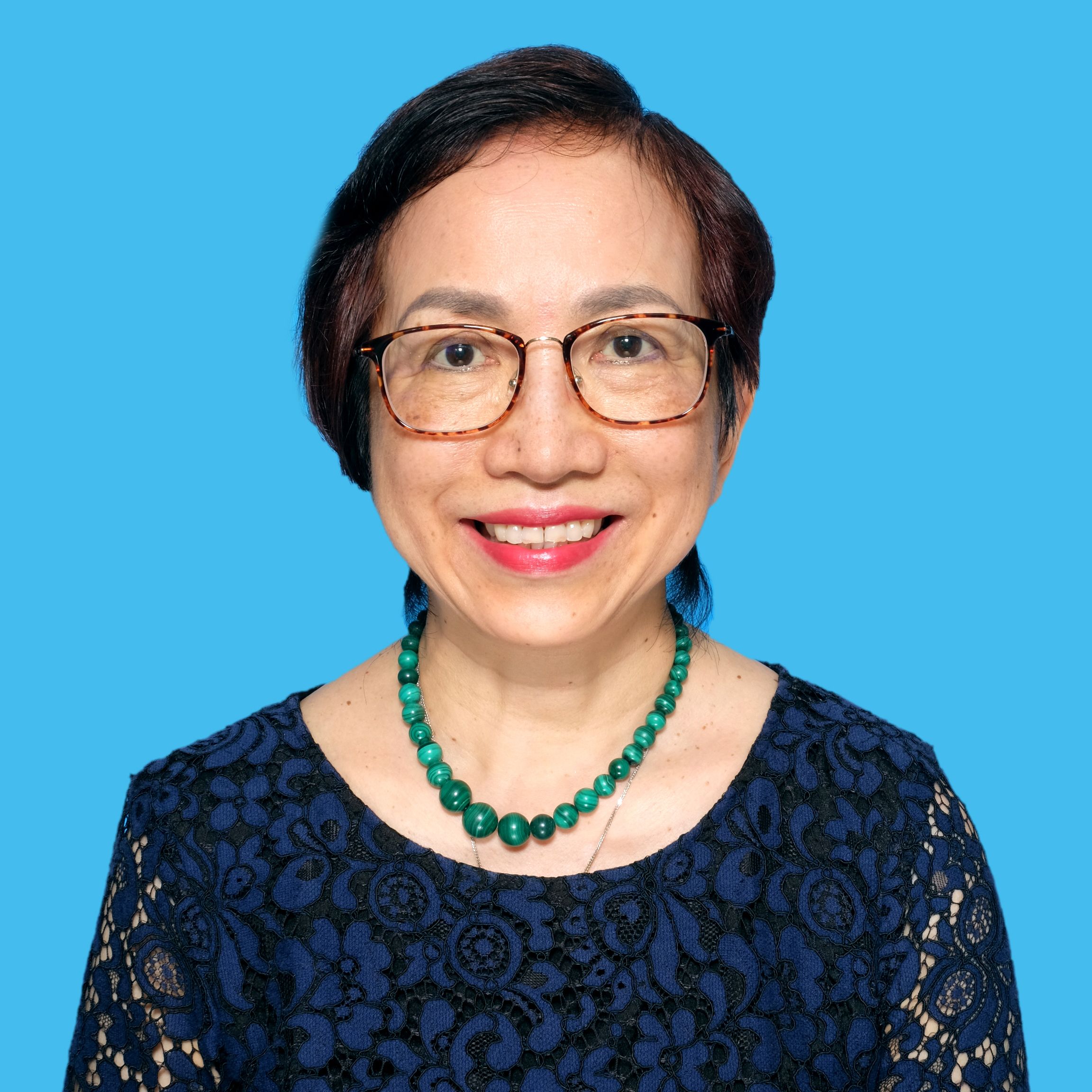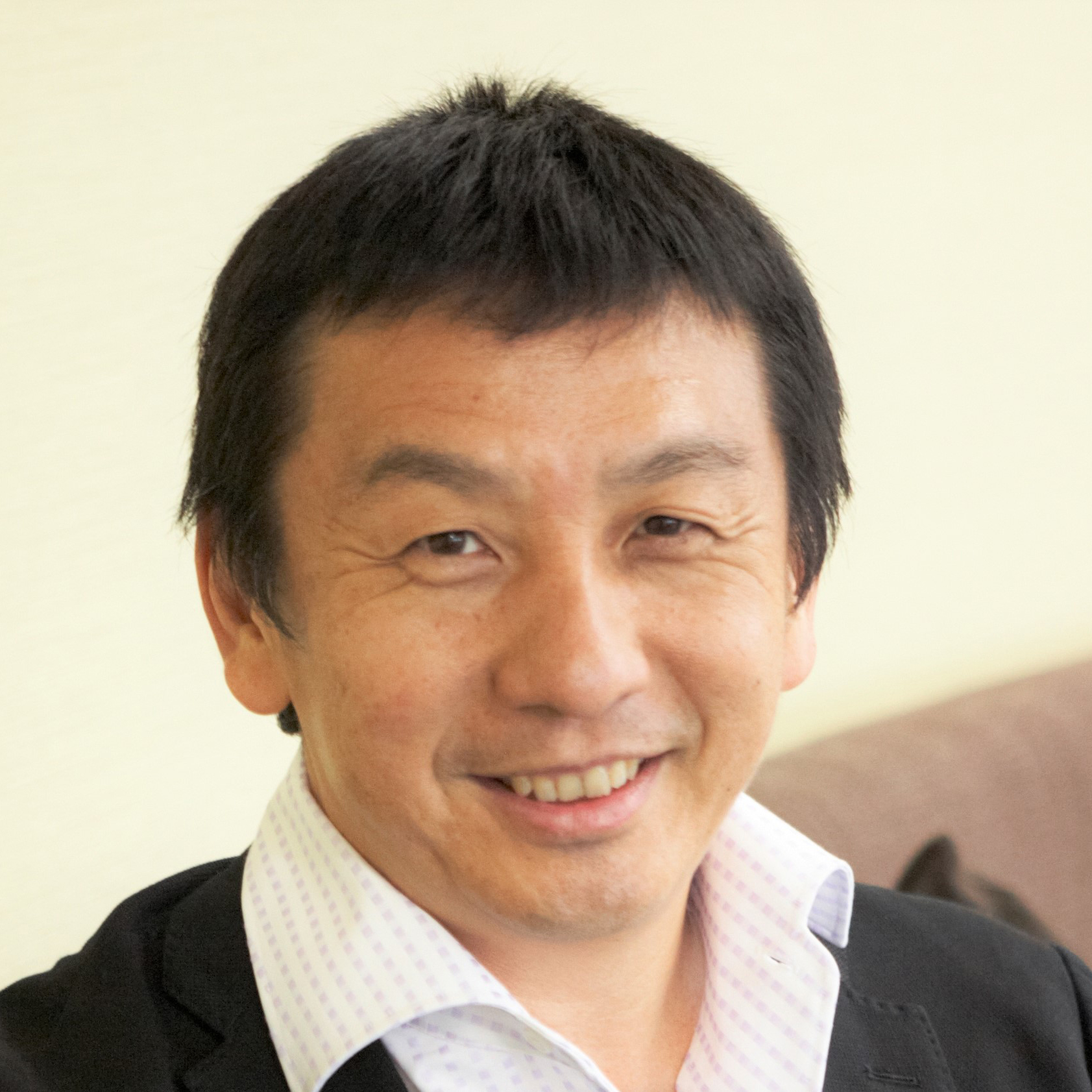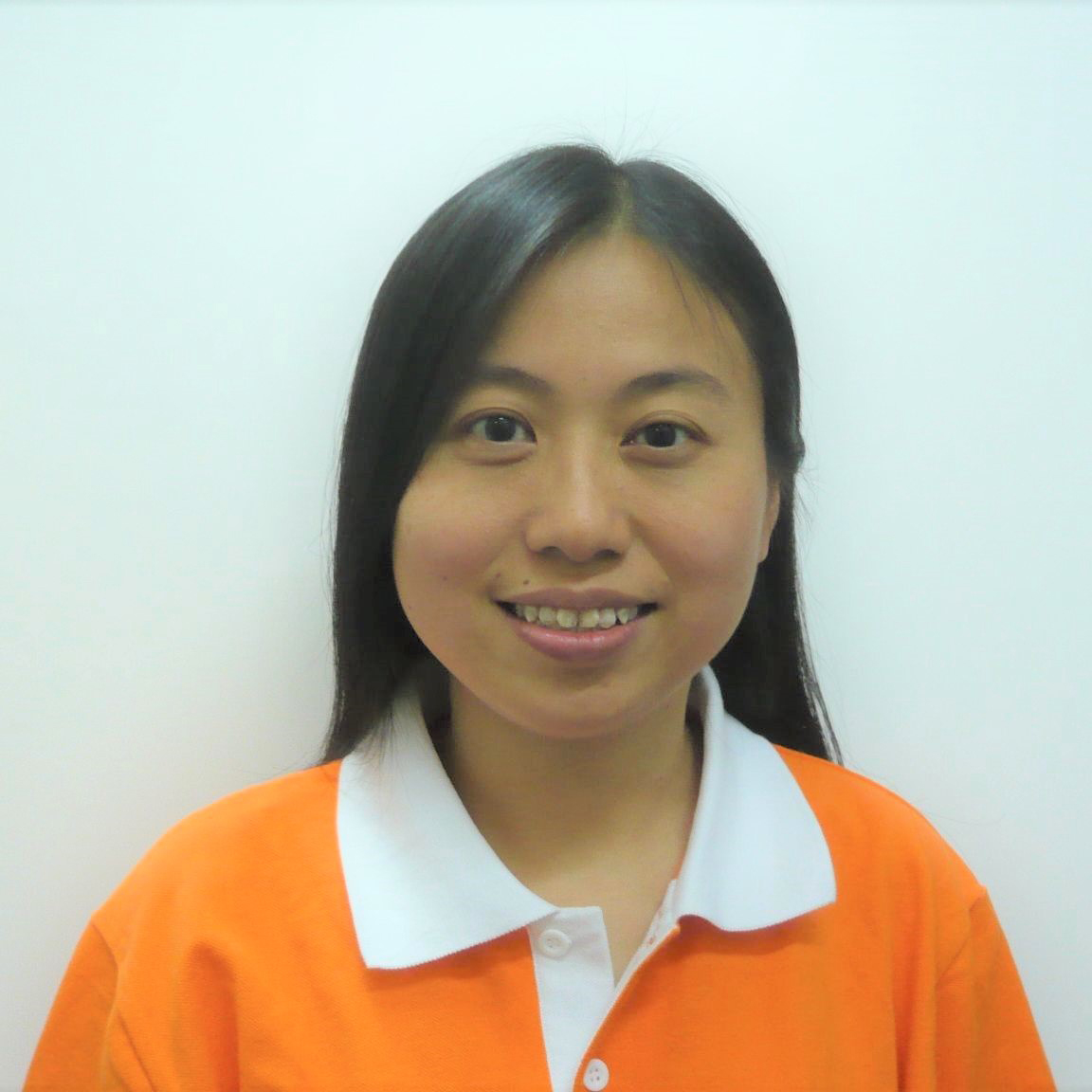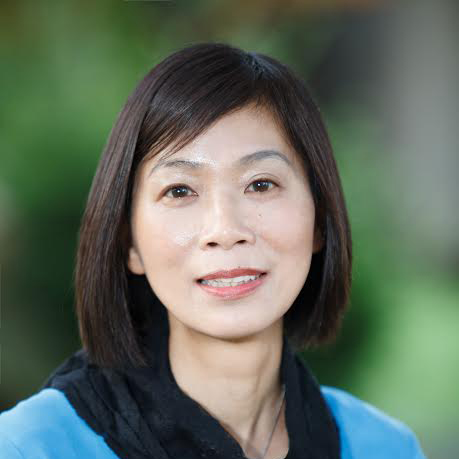Post-Summit Workshops
Post-Summit Workshop 1
9:00 am. – 12:00 nn.
23 August 2018 (Thursday)
Fees: HKD 100 / USD 13
Topic:
Family Dance – Disentanglement of Ambivalence and Struggles in Inter-generational and Intimacy Conflicts
Family relationships are often complex. Members are likely engaged in a continuous mass dance. There are times when the dance is enjoyable and there are also times when members step on each other’s toes. The aim of the workshop is to facilitate a thorough understanding of the complex entanglement of ambivalent emotions and thoughts among family members. The ambivalence is often a mix of love-hate, dependency-independency, loyalty-betrayal, filial obligations-guilt of being unfilial, joy-grief… in intimate family relationships. When the population age, the demand for family care increases. The care-giver burden and frustrations can be devastating.
The usual counselling approach may not be able to resolve complex family dance quickly. The model of Integrative Body-Mind-Spirit (IBMS) Intervention is established by integrating traditional Chinese Medicine concepts, qigong practices, spiritual reflections etc. This workshop will enable participants to experience some of the techniques in attaining mind-body wellness. Difficult situations of grief, conflicts and struggles can be mediated by body movements, dance, activities, songs, and IBMS techniques. The trainers and their team have extensive experience of working with families caught in difficult situations such as divorce, cancer, bereavement, infertility, chronic illness, violence etc. Parent-child, spousal, sibling interactions can be resolved by bodily exercises, games and spiritual reflections.
Trainer:
Professor Cecilia L.W. CHAN, Dr. Celia H.Y. CHAN & Other Facilitators

Professor Cecilia L.W. Chan is Si Yuen Chair Professor of Social Work and Health, Dr. Celia H.Y. Chan is Associate Professor and Director of the Master of Social Work Programme, in the Department of Social Work and Social Administration, The University of Hong Kong. Both of them led a team on Integrative Body-Mind-Spirit Intervention in promoting holistic wellness through a dynamic balancing process. The team ran family care-giver groups together with client groups of specific conditions of illness and health. The health and well-being of patient and family members are found to be closely linked. Their integrative intervention of eastern philosophies and western counselling not only can improve the emotional and social health of the participants, their research projects have demonstrated efficacy in family reconciliation, individual mind-body and spiritual growth, as well as improvement of the immune system of the participants through biomarkers of telomerase activities, salivary cortisol levels, IL6 etc.
Post-Summit Workshop 2
9:00 am. - 12:00 nn.
Classroom at The University of Hong Kong (exact room no. will be provided in due course)
Fees: HKD 100 / USD 13
Topic:
School Refusal and Social Withdrawal: Their Understanding and Support
This workshop is geared for family-related professionals who work with school refusal and social withdrawal young people, e.g. social workers, psychologists, counsellors, psychiatrists, general practitioners and educators. Clear understanding and solution to these problems will be shown with detailed case examples.
School Refusal and Social Withdrawal (called “Hikikomori” in Japan) are major mental health issue among young people in the 10s and 20s for the last 30 years in Japan. They are more commonly observed in Asian societies than other parts of the world.
They are best understood at multi-level. The following issues need to be taken into consideration: (a) Individual Level – differential diagnosis from autism spectrum, ADHD, learning disorder, schizophrenia, depressive disorder and anxiety disorder; (b) Family System Level – childhood trauma, child abuse, anxious attachment between parent and child, conflict between parents, conflict with in-laws and extended family members, socio-economic difficulty, and physical and psychiatric illness of the family member; (c) Socio-cultural Level – high expectation of academic performance, conflict and bullying in the school, influence of the internet, and nature of group oriented society.
Intervention to the problem should also be interdisciplinary. (A) Individual Level – psychiatric assessment and treatment, individual psychotherapy of face-to-face or on-line; (B) Family System Level – family therapy, parent training, and group therapy for parents; (C) School Level – school counsellor, consultation with teachers, and teacher and parent cooperation; (D) Social Level – home visit, social support centre for free space and job training.
Trainer:
Dr. Takeshi TAMURA, M.D., Ph.D.

Dr. Tamura is a child and adolescent psychiatrist and a marriage and family therapist in private practice in Tokyo, Japan. He was a professor of Tokyo Gakugei University (1992-2011) and obtained three years of family therapy training at the Tavistock Clinic and the Institute of Family Therapy in London. He received his Ph.D. degree from the University of Tsukuba, and MSc degree from Birkbeck College, London University. He has over 35 years of experience in psychotherapy to individuals, couples, and families, as well as supervision to mental health professionals of all levels. His clinical experiences include treatment of school refusal, learning disorder and Attention Deficit Hyperactive Disorder, as well as relationship issues of couples and families. He is a specialist of Hikikomori (social withdrawal), which is widely spread among Japanese youth. Dr. Tamura is actively involved in the development of family therapy regionally and internationally. He is a Vice-President and Chief of the International Committee of the Japan Association of Family Therapy (JAFT), Chair of the International Committee of Asian Academy of Family Therapy (AAFT), a Board of Director of the International Family Therapy Association (IFTA), and international member of American Family Therapy Academy (AFTA).
Post-Summit Workshop 3
2:00 pm. - 5:00 pm.
Classroom at The University of Hong Kong (exact room no. will be provided in due course)
Fees: HKD 100 / USD 13
Topic:
Playful Childhood: Empowerment Model to Promote Free Play in Children’s Life
Children are born players. Play is an essential component of children’s development, and a fundamental and vital dimension of the pleasure of childhood. However, play needs of children are always neglected. Most children are generally deprived of play opportunities due to over-schedule, addicted to electronic games and focus on academic achievement. Moreover, adults also “hijack” play from children but use it rather as a vehicle to develop cognition. With play being restored to children’s life, their childhood may be restored.
To recreate a playful childhood means that children may get the time, space and adults’ permission to play at home, in school and in the community. It may be achieved through getting mindset change of the adults, especially those child-related professional and parents. By then, a play culture can be cultivated.
In this workshop, we will share the empowerment model to develop Playful Parents, Playful Schools and Playful Community. It will be an interactive workshop and participants will reflect on and share their own experiences. The workshop aims to promote cross-sectors learning and sharing of best practices such that we can join hands to recreate a playful childhood for children.
Trainer:
Ms. Ada WONG
Assistant Manager (Playwork Service), Playright Children’s Play Association

Ms. Ada Wong works for the Playright Children’s Play Association (Playright) which promotes children’s right to play and is a charity organisation established in Hong Kong seeking to enrich the life of every child through quality play. Ms. Wong has over 12 years of experience providing training in various kindergartens, professional bodies, tertiary institutes, NGOs and government departments. She is a qualified trainer for the Certificate in Playwork and holds a Certificate in Hospital Play. She is currently working with the Education University of Hong Kong in developing playwork training for pre-service and in-service early childhood educators in higher education. Ms. Wong started the “Play for Children with Special Needs Project” since 2010 and has been providing empowerment and consultation on the setting up of Playful Class in special needs settings. With the implementation of the new Kindergarten Education Curriculum Guide (2017), Ms Wong has also worked with early childhood educators in building up free playtime model in early childhood education settings.
Post-Summit Workshop 4
2:00 pm. - 5:00 pm.
Classroom at The University of Hong Kong (exact room no. will be provided in due course)
Fees: HKD 100 / USD 13
Topic:
The Use of Multiple Family Group Therapy for Disadvantaged Families in a Chinese Context
Multiple Family Group Therapy (MFGT) is a family centred approach that brings together a number of families with common problems, helping them to resolve their issues by using their untapped family resources. It is a blend of family and group therapy and is widely adopted in the West. Believing that family is an invaluable asset and resource in caring for their children, the research team had adapted this approach in helping looked-after children, children with ADHD and children with special educational needs respectively for more than a decade. The research outcomes confirmed that MFGT was applicable in our society and was effective in improving parent-child relationship, enhancing family functioning for these families. In this workshop, the concepts of the adapted model will be introduced with the research outcomes shared. Apart from it, some group vignettes will be shown to illustrate the impacts of the approach on families. Participants will also get hands-on experience of MFGT through exercises and activities.
Trainers:
Professor Mooly M.C. WONG & Mrs. Monica YAU

Other Speakers:
Dr. Lily XIA & Ms. Julia LO
Family and Group Practice and Research Center, Department of Social Work, The Chinese University of Hong Kong
Professor Mooly M.C. Wong is an Assistant Professor and the Deputy Director of The Family and Group Practice Research Centre of the Department of Social Work, The Chinese University of Hong Kong, where Mrs. Monica Yau is the Honourary Consultant. For the other speakers, Dr. Lily Xia is a post-doctoral fellow and & Ms. Julia Lo a PhD candidate of the same Department.
Being Registered Social Worker in Hong Kong and a practitioner in family therapy, Professor Wong participates actively in professional practice and staff training in child welfare regarding vulnerable children and their families. Since 2009, she has involved in several practice and research projects relating to family-centred practice, as well as multiple family group therapy for looked-after children and those with special educational needs. She teaches group work in the undergraduate and post-graduate programmes. Apart from teaching and conducting research, Professor Wong renders supervision to social workers and practises family and multiple family group therapy. Her research interests included family study, family-centred practice, children in care, foster care and child protection. Her recent publications included The Practice Manual of Multiple Family Group Therapy for Looked-After Children and The Impact of Poverty on Children in Out-of-Home Care Services in a Chinese Context and the Application of Multiple Family Group Therapy to enrich their Family Lives.

 Family Well-Being
Family Well-Being Asian Family
Asian Family Post-Summit
Post-Summit